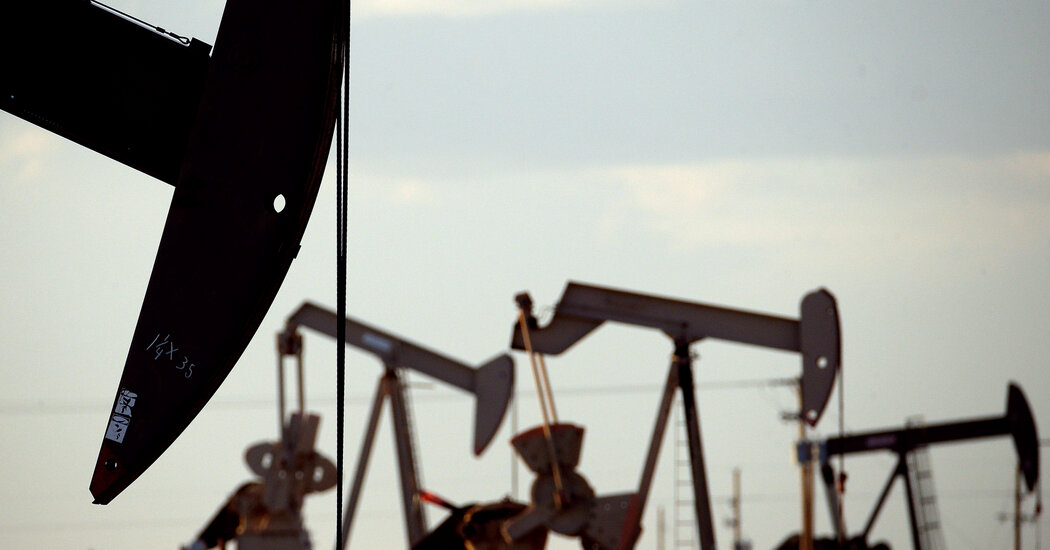Table of Contents
The Biden administration raised the royalty rates that fossil fuel companies pay the government in order to drill and mine on public lands, the first time since 1920 that those fees have increased. And it raised by tenfold the size of bonds that companies must secure before they can drill, the first time they went up since 1960.
One way to think about it is this: the nation’s largest property owner, the federal government, effectively charges rent to oil and gas companies that exploit public land for private profit. The system was set up more than 100 years ago to encourage energy development.
Here’s what to know about the changes announced Friday:
Does the new rule prohibit oil and gas companies to drill on public lands?
No. Despite a pledge he made as a candidate (“No more drilling on public lands, period.”), Mr. Biden has not stopped oil and gas drilling on federal land or in federal waters. But raising royalty rates that have stayed the same since 1920 is one way the administration can make drilling reflect the modern costs of the activity and the toll on the land. The federal rate has been significantly lower than what many states and private landowners charge for drilling leases on state or private lands.
Where would the money raised from oil and gas royalties go?
The government estimates that the new rules would increase costs for fossil fuel companies by about $1.5 billion between now and 2031. About half of the money collected would go to states, approximately a third would be used to fund water projects in the West, and the rest would be split between the Treasury Department and Interior. The administration said the proceeds would help to clean up the environmental damage from approximately 3.5 million oil and gas wells on federal property that have been abandoned. Many of those wells were not property capped when they were discarded, often by companies that went bankrupt, and they can leak methane, a powerful planet-warming pollutant that is a major contributor to global warming.
Does raising royalty rates harm oil and gas companies?
Oil and gas companies strongly oppose the changes, which could take effect in as little as 60 days, and say they will harm the nation’s economy and security. Higher rates could discourage some smaller companies from drilling. But the industry will continue to receive nearly a dozen federal tax breaks, including incentives for domestic production and write-offs tied to foreign production. Estimates vary widely but the Fossil Fuel Subsidy Tracker, run by the Organization for Economic Cooperation and Development, calculated the total to be about $14 billion in 2022. Exxon Mobil and Chevron, the largest U.S. energy companies, reported sizable profits for the final quarter of 2023, down from record levels in 2022 but still the strongest in recent history. Last year, the United States produced more oil than any country, ever.
Can these increases be reversed by a future administration?
Most of the increases in royalty rates were mandated by Congress under the 2022 Inflation Reduction Act, so changes would require congressional action. But the amount of the bonds that companies must secure before drilling was set by the Biden administration and could be undone by a future administration, although it would be a lengthy process.


